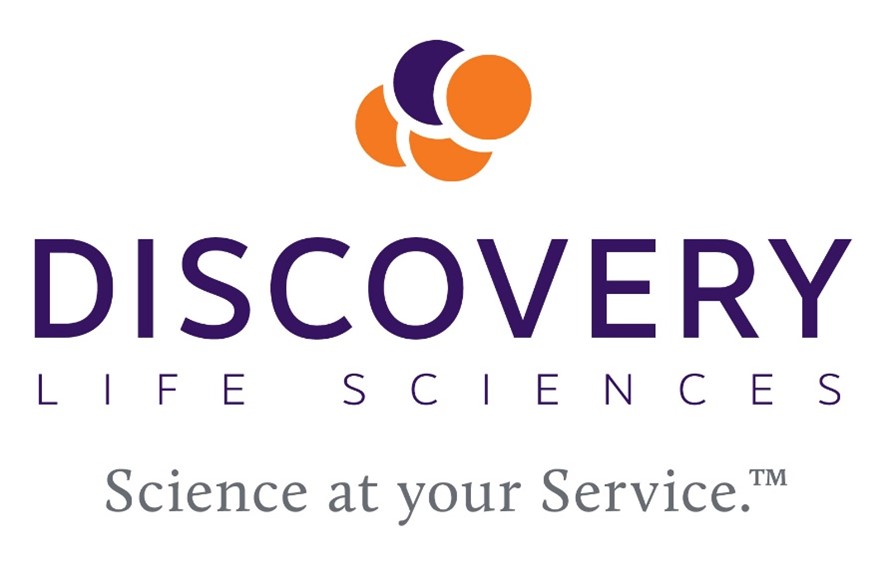The metabolic activation and detoxification pathways of drug candidates is an important aspect of drug development. This information can be applied towards structural design to minimize toxicological liability of drug candidates, selection of animal species for preclinical evaluation of human toxicity, identification of at-risk populations based on metabolic activation and detoxification capacity and identification of environmental factors that may exacerbate drug toxicity via their induction of metabolic activating pathways and inhibition of detoxification pathways. An in vitro cytotoxicity assay can help enable this process.
In this webinar, the featured speaker will review the role of metabolic activation and detoxification in drug toxicity as well as to introduce a novel in vitro experimental system, the metabolism-dependent cytotoxicity assay (MDCA) for the evaluation of the roles of drug metabolizing enzymes in drug toxicity. MDCA utilizes the cofactor-supplemented permeabilized human hepatocytes (MetMax™ Human Hepatocytes, MMHH), as an exogenous hepatic metabolic system, with human embryonic kidney 293 (HEK293) cells, a cell line deficient in xenobiotic drug metabolizing enzyme activities, as target cells for the quantification of cytotoxicity. Results with model drug-induced liver injury (DILI) drugs suggest that glutathione (GSH) attenuation of cytotoxicity may be used to identify drugs metabolized to cytotoxic reactive metabolites, a hallmark of DILI drugs.
Register to learn about the novel in vitro experimental system MDCA and its role in the evaluation of cytotoxicity of drug candidates.
Speaker

Albert P. Li, PhD, Chief Scientific Officer, Pharmacology and Toxicology, Discovery Life Sciences
Dr. Li has devoted his scientific career to the development and advancement of scientific concepts and in vitro technologies to accurately predict human drug properties including metabolic fate, drug-drug interaction potential and organ-specific toxicity. His research is focused on the development and application of human-based in vitro experimental models, especially primary cultured human hepatocytes and, most recently, enterocytes, in the accurate assessment of human drug properties including metabolic fate, drug-drug interactions and drug toxicity. Dr. Li was one of the first scientists to successfully cryopreserve human hepatocytes and enterocytes/intestinal mucosa to retain properties of freshly isolated cells. Dr. Li and his colleagues have developed numerous experimental approaches using cryopreserved hepatocytes and enteric systems to evaluate human specific drug properties including drug metabolism, drug-drug interactions, drug toxicity and pharmacology.
Who Should Attend?
ADME and Toxicology R&D scientists and directors investigating drug candidates for cytotoxicity and the potential to cause drug-induced liver injury (DILI).
What You Will Learn
Attendees will gain insights into:
- Background and utility of novel in vitro experimental hepatic systems for evaluating drug metabolism
- The basis of developing the metabolism-dependent cytotoxicity assay (MDCA)
- The utility of the MDCA
- Plans to develop the MDC Index for comparative analysis to known drug-induced liver injury (DILI) drugs — can scenarios be predicted in upstream processes?
Xtalks Partner
Discovery Life Sciences
Discovery Life Sciences is the company of Biospecimen and Biomarker Specialists, combining the world’s largest commercial biospecimen inventory and procurement network with preeminent multi-omic biomarker service laboratories, including genomic, tissue biomarker, proteomic, and cell-based services to accelerate new therapies supported by biomarker and companion diagnostic programs for cancer, infectious disease, and other rare and complex conditions.
Through AllCells, our cell and gene therapy division, we offer one of the largest recallable donor pools, Research Use Only (RUO) and clinical-grade (GMP) fresh and cryopreserved human cellular materials to support cell and gene therapy programs at any scale from start to finish.
Driven by leading scientific expertise and innovative use of current technologies, the Discovery team engages and consults with customers to overcome obstacles more rapidly and obtain results to make critical research and development decisions at market-leading speed. We are Science at your Service™! For more information, visit dls.com.
You Must Login To Register for this Free Webinar
Already have an account? LOGIN HERE. If you don’t have an account you need to create a free account.
Create Account





